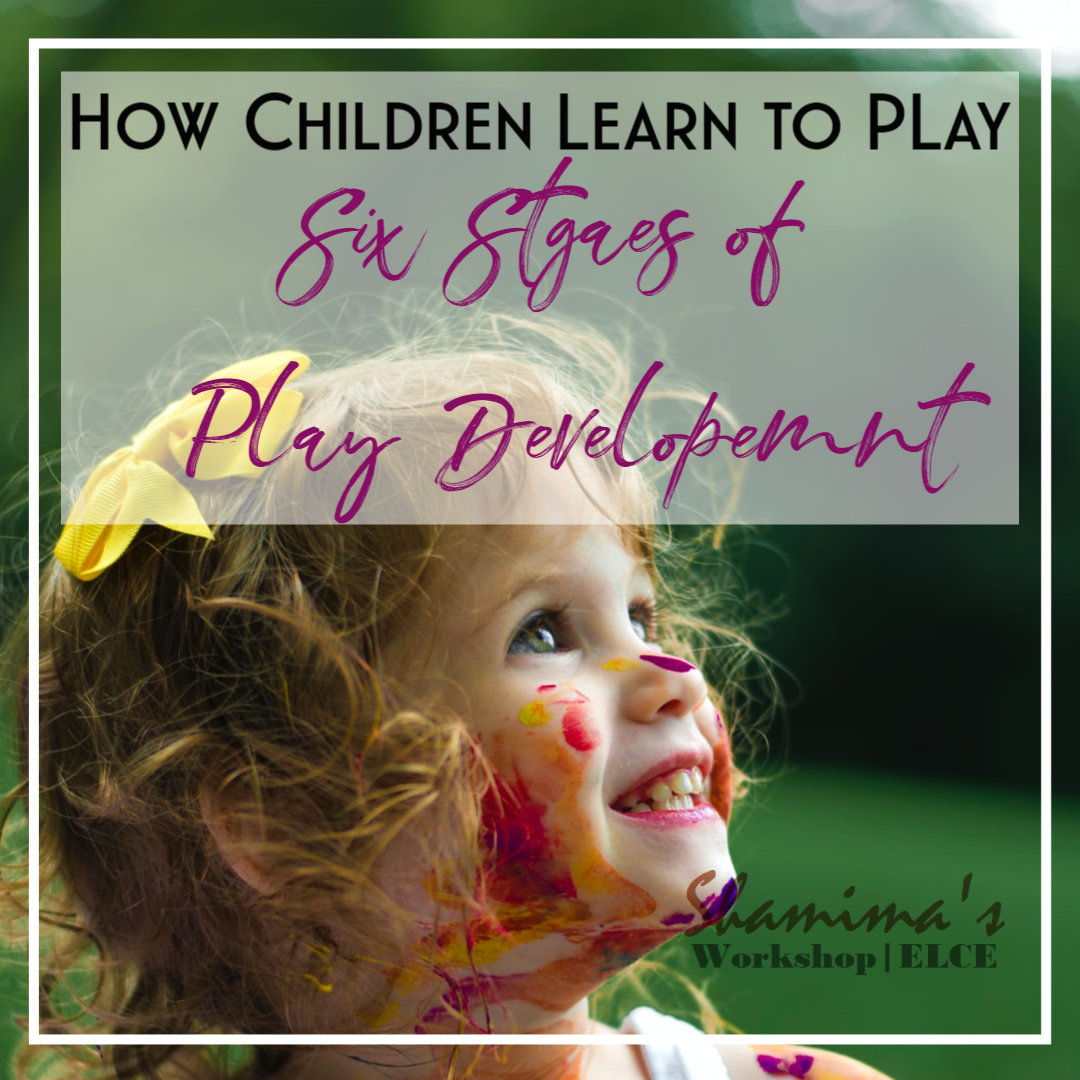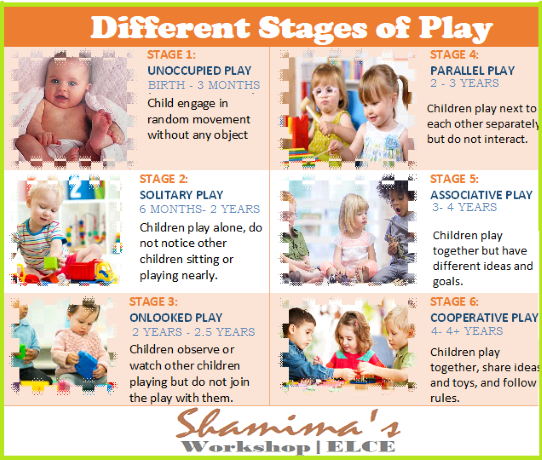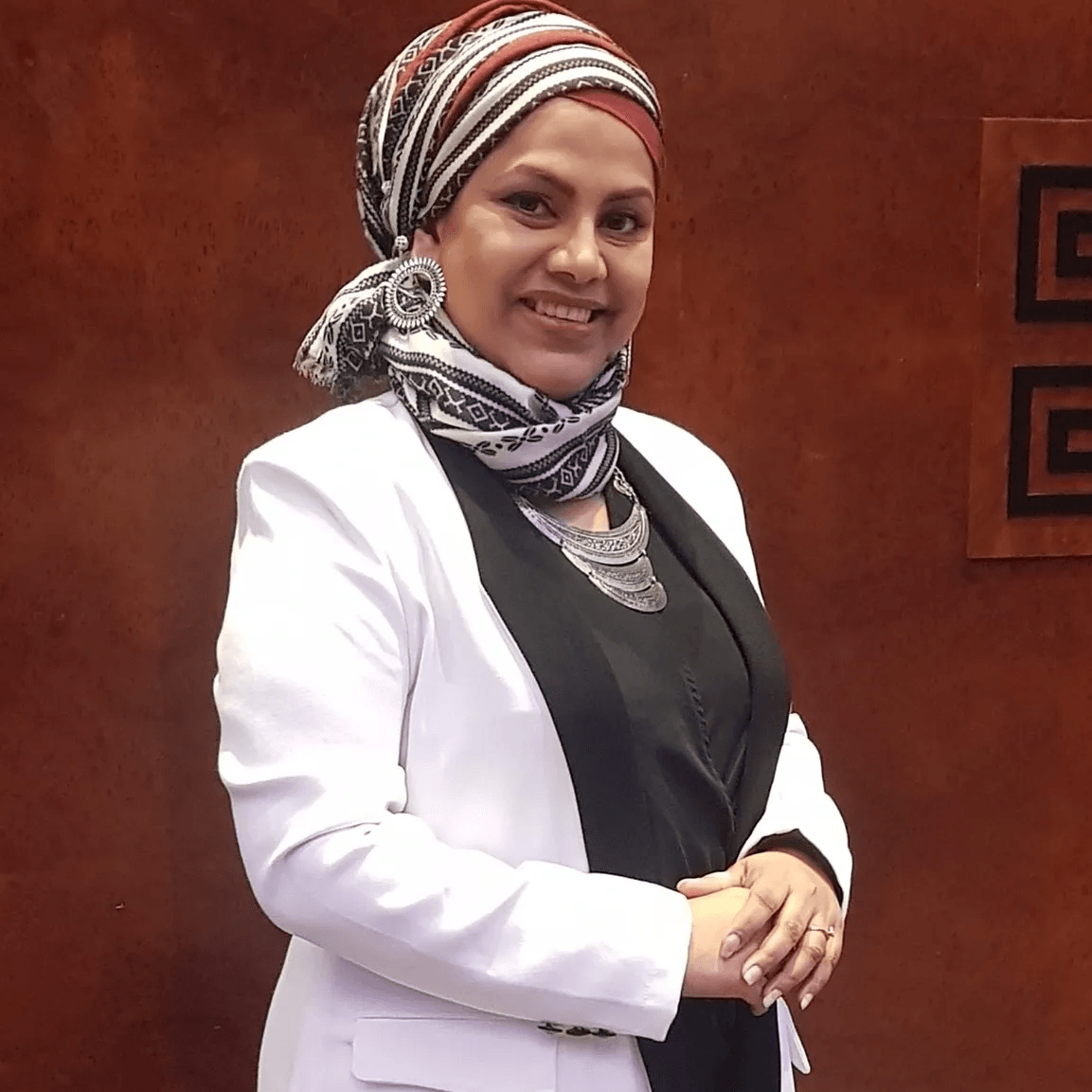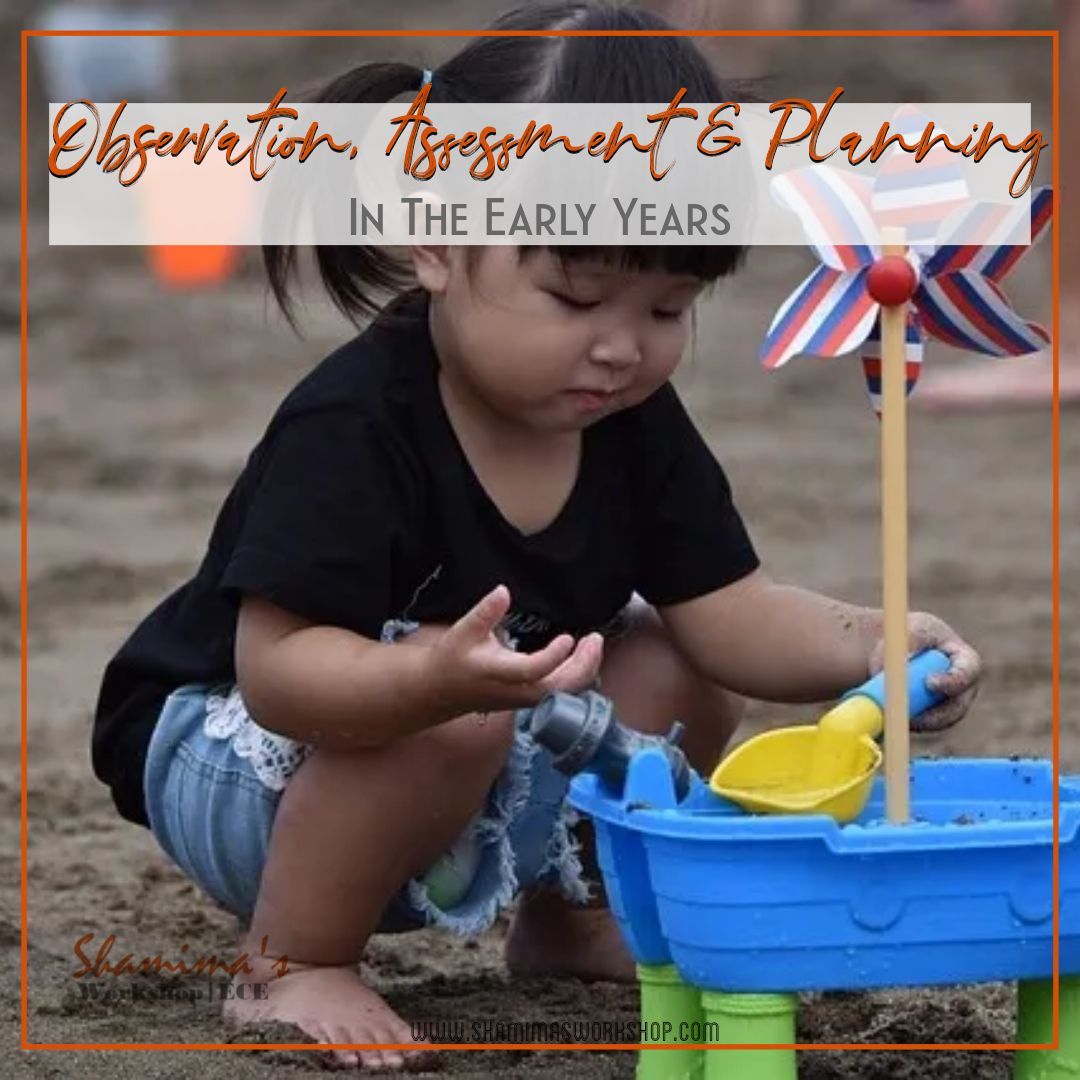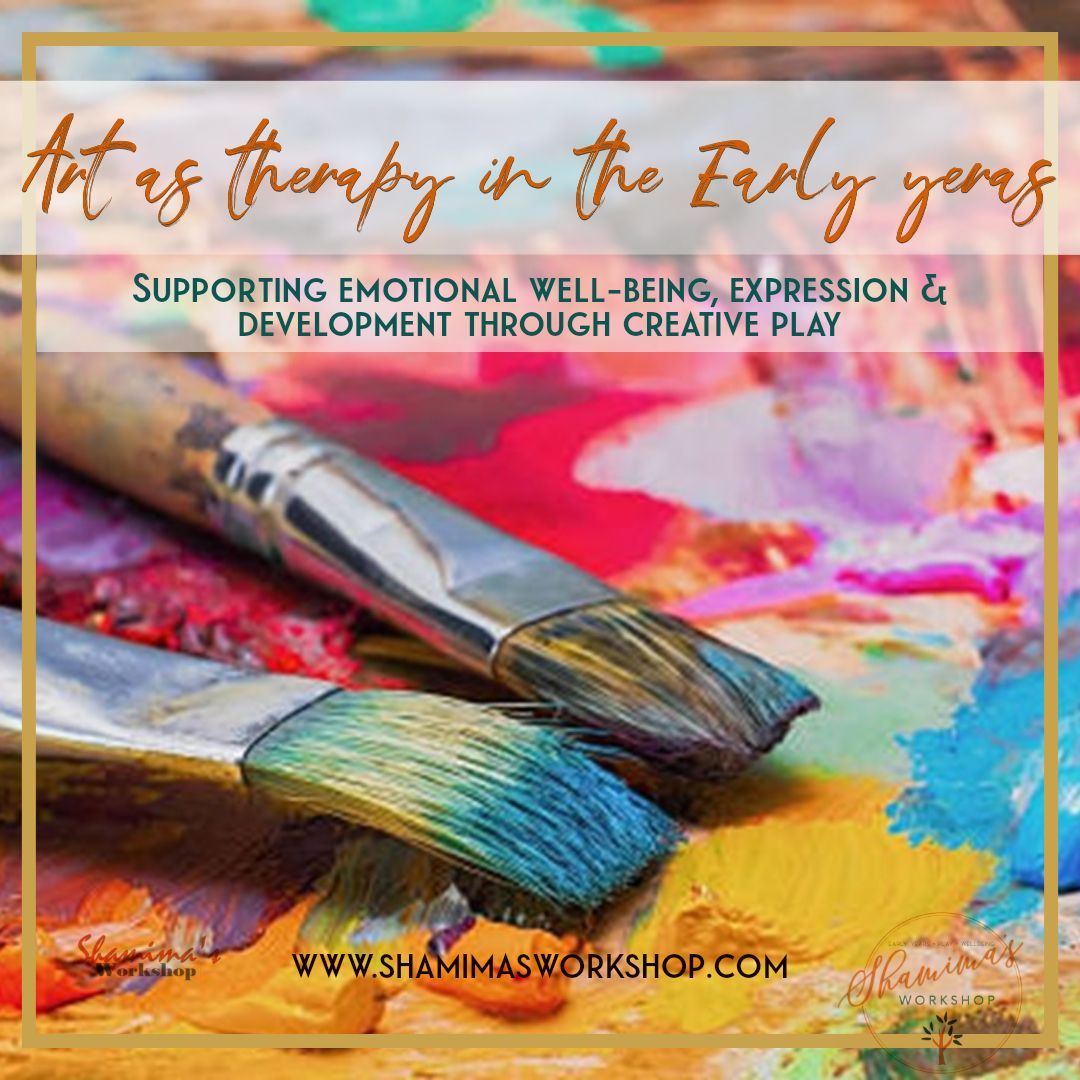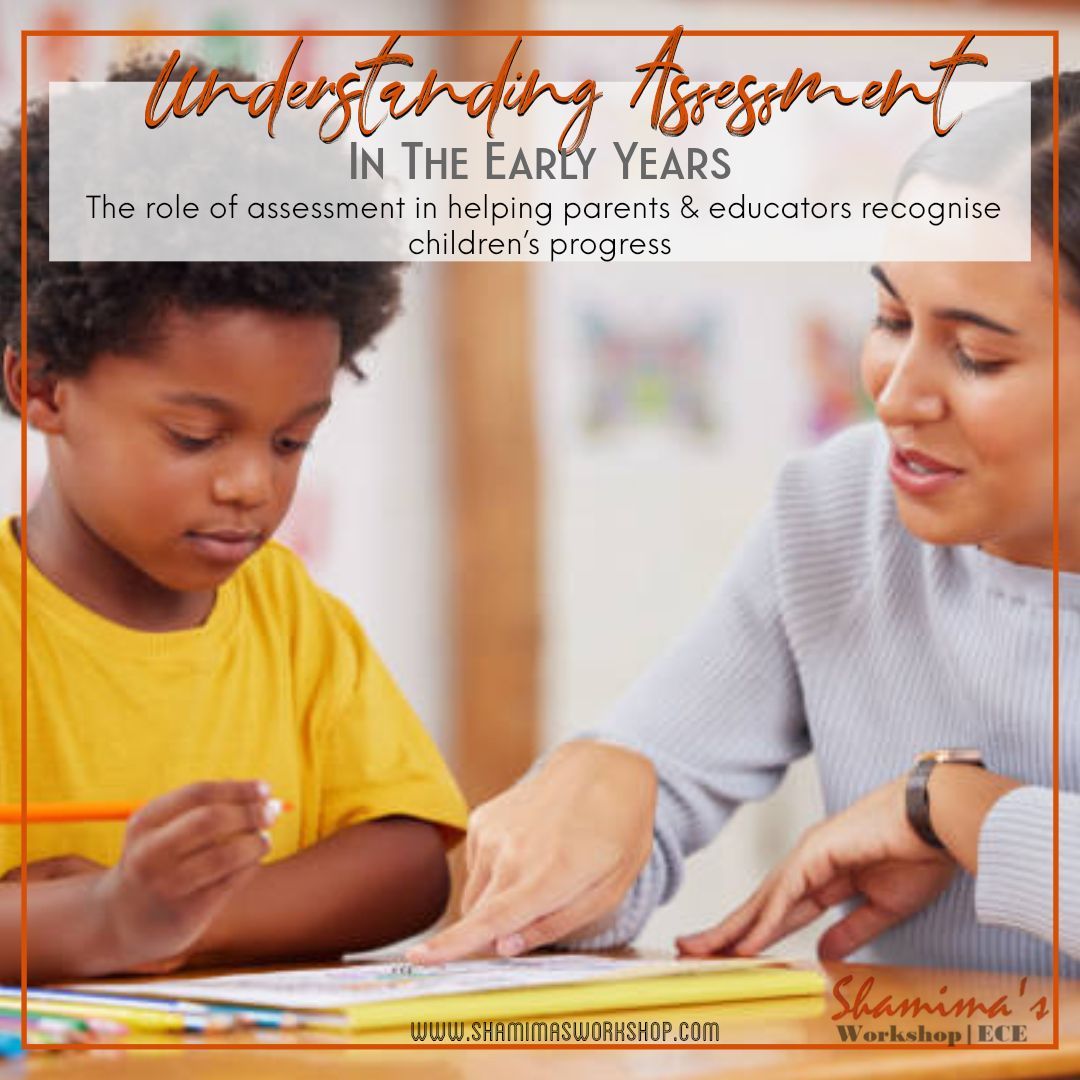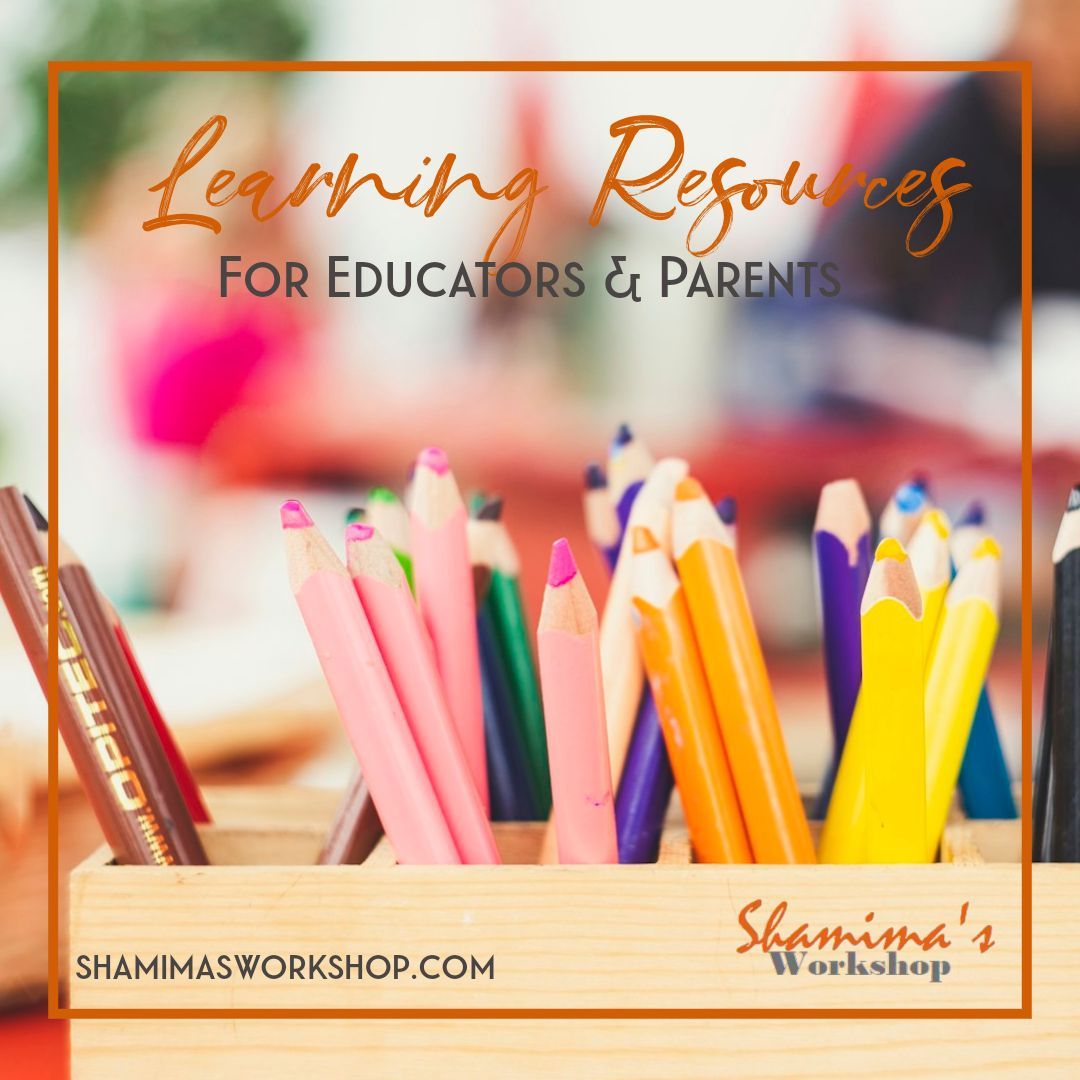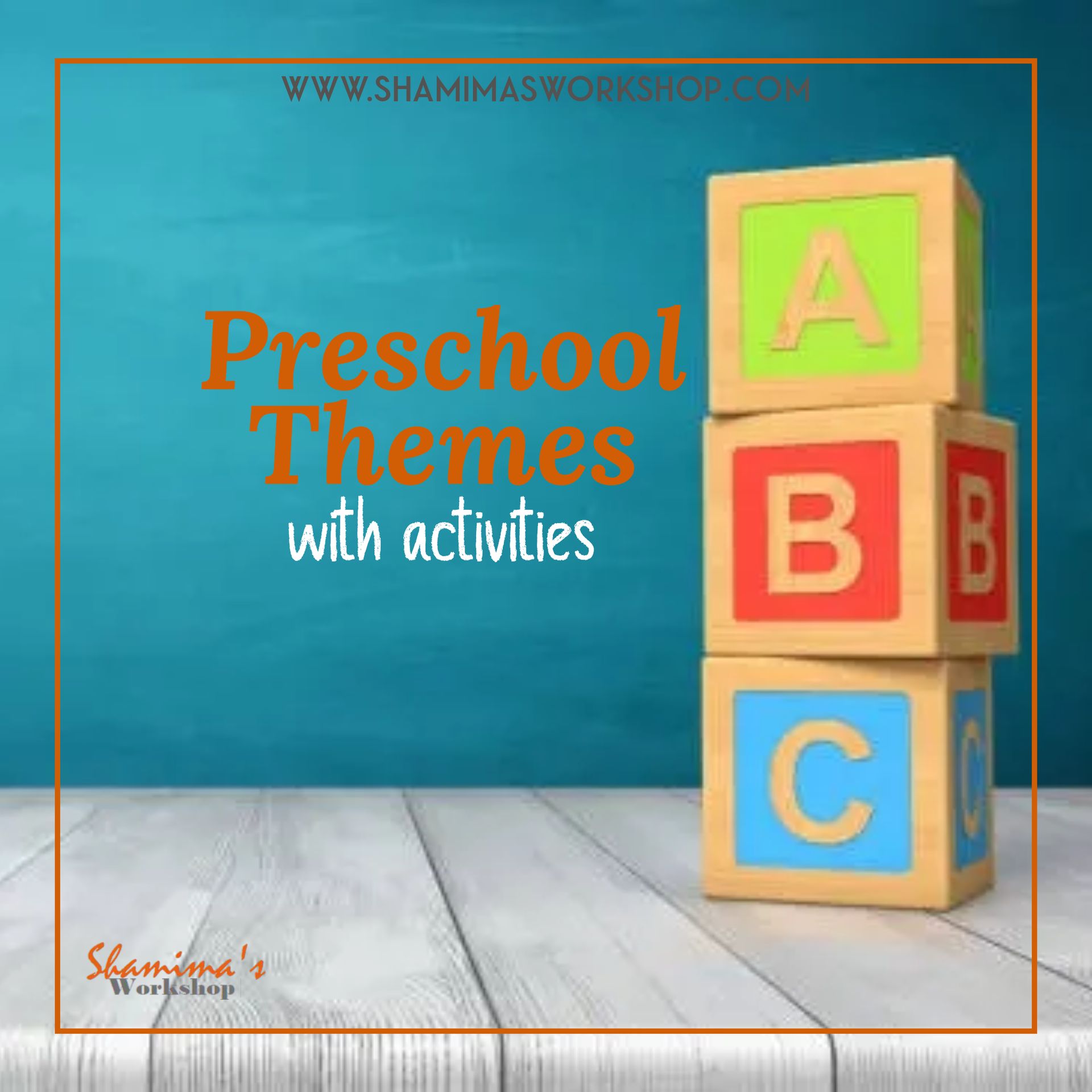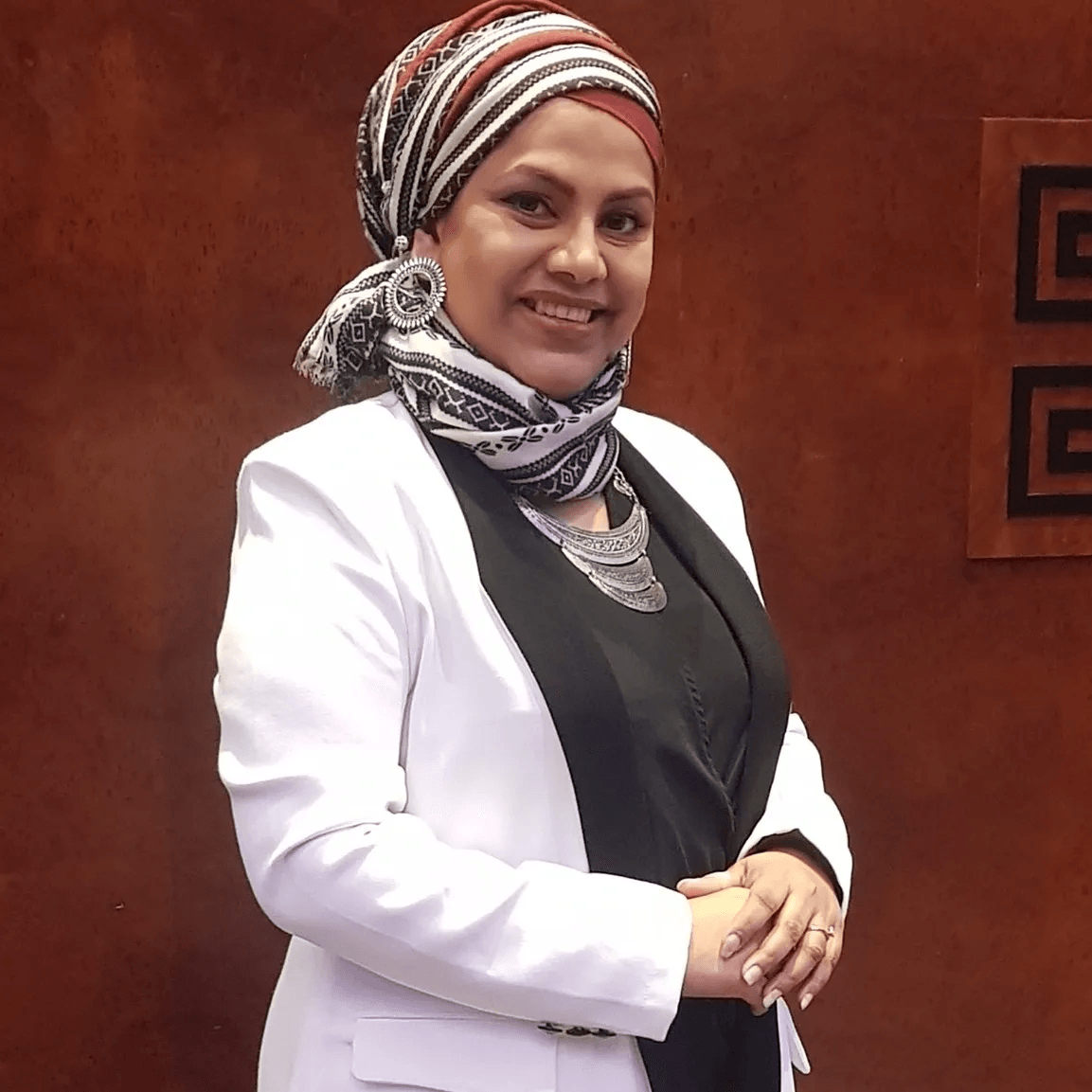Play is casual and spontaneous. The best way to learn anything is through play. If we observe children laying, we will notice that they play on their own and just as how they want to play it. As children grow they go through different stages of play development. There are different stages of play. Being Early years practitioner, caregiver, parents, or adults, the more we recognize that children are going through these stages, the more we appreciate their developmental importance. Such stages of play are an important part of their growth and development. Recognizing it would mean making them play with other children, or the adult, maybe on their own. There are six stages of play during early childhood, all of which are important for a child's development. Here are the different stages of play:
Unoccupied play: (Birth to three months)
It is hard to believe, but play starts at birth. Unoccupied play is the beginning of the play in a child's life. In the early months of babies, from birth to about three months, a child is busy in unoccupied play. We know babies make a lot of movements with their arms, legs, hands, feet, etc; they actually discover and learn about their bodies with no objective. They develop self-confidence and learn about their environment. An example of Uncccupied play, a child kicking her/his legs in a sunbeam.
Solitary play: (From Six months to 2 years)
Solitary play is just what it sounds like- when a child plays alone. In this stage of play, children start to play on their own and it begins at about six months. When engaged in solitary play, children do not notice other children sitting or playing nearby. Sometimes, adults may worry about children playing alone, but actually, this type of play is normal. When children engage in this type of play, they are able to explore freely, master new personal skills like motor skills or cognitive skills, keep himself/themselves entertained, eventually setting the path to being self-sufficient. For example in solitary play, a child might stack and knock over blocks, line up or move around objects, flip through a book, or enjoy shaking a noisemaker or other similar toy.
Onlooker play: ( 2 years - 2.5 years)
Onlooker play happens mostly during toddler years but can happen at any age. In his stage children observe or watch other children playing but they do not join the play with them. This sage of play often runs concurrently with solitary play. It is also known as spectator play. In this play, children acquire self-knowledge and learn how to cooperate with other children.
Parallel play:( 2 - 3 years)
In Parallel Play, children play next to each other separately but without any interaction. Though they do not interact with each other, they pay attention to each other. This is the beginning of the desire of a child to be with other children. During this stage, children like to have exactly the same toys as their peers do, but their own play space. They do not share toys or take turns.
Associative play:(3-4 years)
At around three to four years, children become more interested in the other children rather than the toys. At some point a child will start interacting more with the other child they are playing with, this is associative play. In this stage of play, children play together but have different ideas and goals. During this play, two or more children interact with each other, share toys, or borrow toys, communicate with each other but not doing the same thing. Children develop social skills (what should we build now?) and problem-solving ( how can we make this tower bigger?), cooperation( if we work together we can make our cafe even better), and language development (learning what to say to get their messages across to one other). So this stage is the beginning of understanding how to get along with others and begin to make real friendships. Example of associative play, Two children might play so that one is the cook in the cafe and the other is the waitress. They do not seem to care that they have no customers.
Cooperative play(4 years +)
Cooperative play is the most social and organized form of play. In this stage, children play with others for a common purpose, share a goal, and work together to bring it about. Thus, beginning to socialize with other children. Children share resources, make compromises for common good, and take turns. They will begin to establish relationships through cooperative play and create guidelines and rules to follow during these activities. Examples of cooperative play, children playing grocery stores where some children become customers and buy things, others sell things. They interact with each other as they talk, "you come and bag these apples". More examples like, treasure hunt, building dens, relay races, making up a dance, outdoor play: rotating between the side, the swings, and monkey bars.
